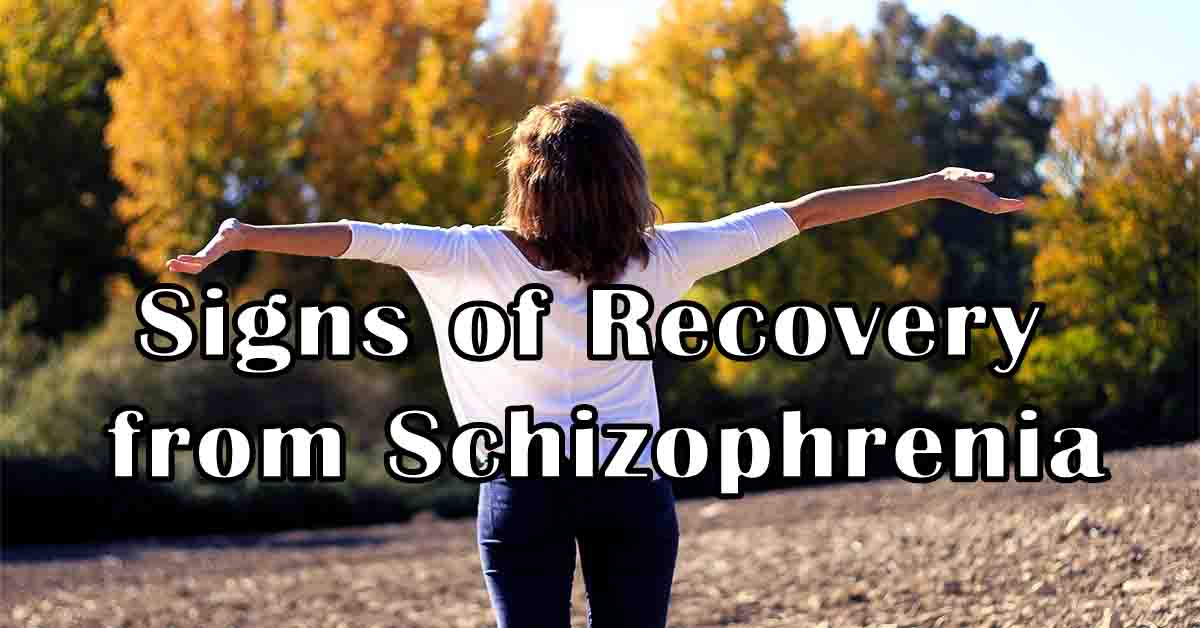Signs of Recovery from Schizophrenia
Recovery from schizophrenia is a concept that has gained significant attention and hope in recent years. With stories of full recovery and complete remission making their way into medical literature and personal anecdotes, the narrative around schizophrenia is changing. It’s becoming a story of possibility and optimism, one where schizophrenia recovery success stories are not just rare anomalies but real outcomes for many.
Understanding Schizophrenia
Schizophrenia is a complex mental health condition characterized by disruptions in thought processes, perceptions, emotional responsiveness, and social interactions. While the experience of schizophrenia varies widely among individuals, common symptoms include hallucinations, delusions, and disorganized thinking.
The Journey to Recovery
Recovery from schizophrenia is possible, and it encompasses more than just the alleviation of symptoms. It’s about rebuilding a meaningful, satisfying, and functional life. Schizoaffective recovery, a related condition that combines symptoms of schizophrenia and mood disorders, also follows this broader definition of recovery.
Recognizing the Signs of Recovery
How can you tell whether your schizophrenia is improving? Here are some indicators of healing to keep an eye out for.
Improved Symptom Management: One of the first signs of recovery is a reduction in the severity and frequency of symptoms. This can mean fewer hallucinations or delusions and a clearer thought process.
Enhanced Social Interaction: As individuals recover, they often find it easier to engage in social activities. Reconnecting with friends and family can be a sign of significant progress.
Increased Independence: Recovery can lead to greater independence, with individuals managing their daily tasks and self-care with less assistance.
Stable Mood and Emotions: Emotional stability is a key sign of recovery, where extreme mood swings become less common, and emotions are more in line with the situation.
Return to Work or School: A return to work, school, or other productive activities is a strong indicator of recovery, showcasing an ability to handle responsibilities and structure.
Positive Self-Perception: A shift in self-perception, from seeing oneself as a patient to a survivor or someone living with schizophrenia, is a profound sign of recovery.
Signs of Recovery from Schizophrenia
Schizophrenia Recovery Success Stories
For more than sixty years, Lola Alynn has valiantly fought against schizophrenia. This challenging condition warps an individual’s grasp of what’s real and what isn’t. At just 18 years old, her loved ones, not understanding her illness, took drastic measures by restraining her with chains during severe psychotic breaks.
In a fortunate turn of events, the compassionate professionals from “I-Witness” intervened when she was well into her eighties, offering essential medical and mental health support every month.
Following twenty-four months of consistent care, Kara joyfully shared the news: “Lola Alynn’s condition has markedly improved! The chains are no longer necessary, as she can now have coherent conversations and enjoys taking walks in the natural surroundings. Here’s to her continued recovery.”
Success stories of recovery from schizophrenia often highlight these signs, showing that while the path to recovery may be challenging, it is filled with hope. These narratives are not just inspiring; they are a testament to the resilience of the human spirit and the effectiveness of modern treatments and support systems.
Signs of Recovery from Schizophrenia
In Summary
Research on the recovery rate of schizophrenia is slightly skewed, but the “rule of quarters” suggests that 25% of people will recover completely, 25% will improve substantially, and 25% will need considerable support to function normally and get through relapse events.
25% of people with schizophrenia will not experience recovery, 15% will have a chronic experience with schizophrenia with little to no improvement, and 10% will usually pass away by suicide.
Treatment and support are the keys to a full recovery from schizophrenia. A person with schizophrenia can improve their overall quality of life with professional care and support.
FAQs: (Signs of Recovery from Schizophrenia)
Q: What are the first signs of recovery from schizophrenia?
A: Early signs can include a reduction in symptoms, improved sleep patterns, and increased clarity of thought.
Q: Can someone fully recover from schizophrenia?
A: While schizophrenia is a chronic condition, many individuals experience significant periods of symptom relief and can lead fulfilling lives.
Q: How does social functioning indicate recovery from schizophrenia?
A: Improved social interactions and relationships are key indicators of recovery, reflecting better communication skills and emotional understanding.
Q: What role does medication adherence play in recovery?
A: Consistent medication adherence is crucial for managing symptoms and preventing relapses, which is a significant step towards recovery.
Q: Are there any success stories of recovery from schizophrenia?
A: Yes, many individuals have successfully managed their symptoms and share their inspiring journeys towards recovery.
Q: How important is therapy in the recovery process from schizophrenia?
A: Therapy is vital for learning coping strategies, understanding the illness, and improving life skills, all of which contribute to recovery.
Q: Can lifestyle changes impact the recovery from schizophrenia?
A: Yes, lifestyle changes such as a healthy diet, regular exercise, and stress management can support overall well-being and recovery.
Q: What do cognitive gains mean in the context of schizophrenia recovery?
A: Cognitive gains refer to improvements in memory, attention, and executive functions, which can enhance the ability to function and recover.
Q: How can family and support systems aid in recovery from schizophrenia?
A: A strong support network can provide emotional support, help manage daily challenges, and encourage treatment adherence.
Q: Is it possible to have a quality life after a schizophrenia diagnosis?
A: Absolutely, with appropriate treatment and support, individuals with schizophrenia can achieve a high quality of life and personal fulfillment.
Signs of Recovery from Schizophrenia
Suggested Posts:
- Signs of Recovery from Schizophrenia by Banyan Tretment

